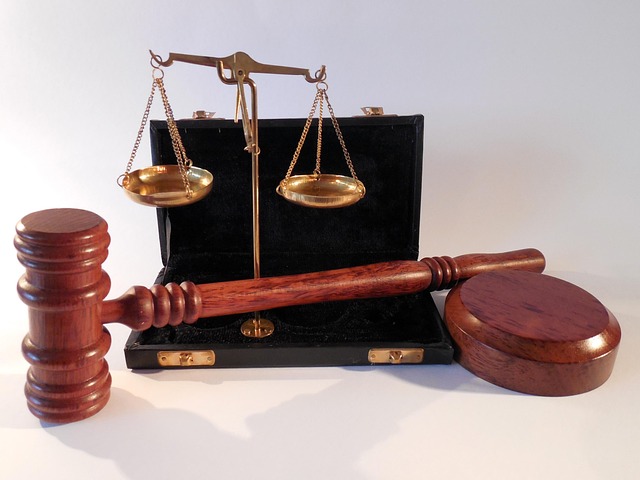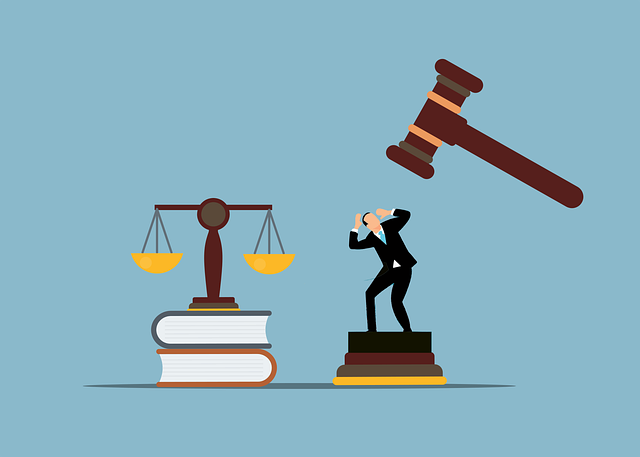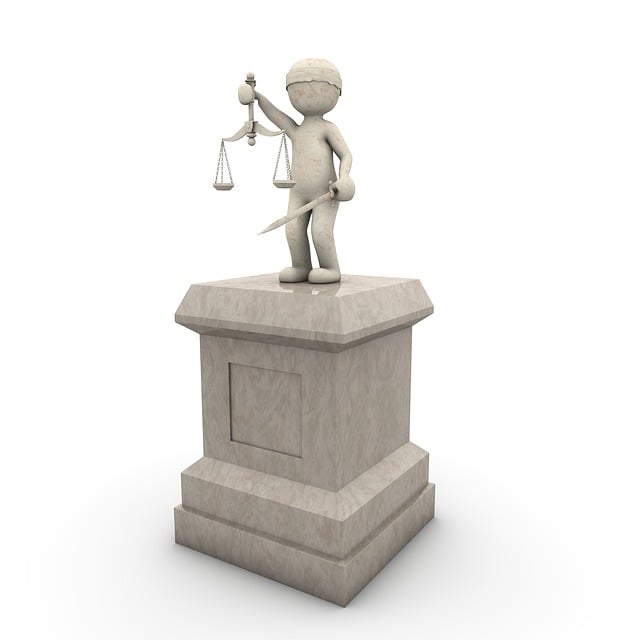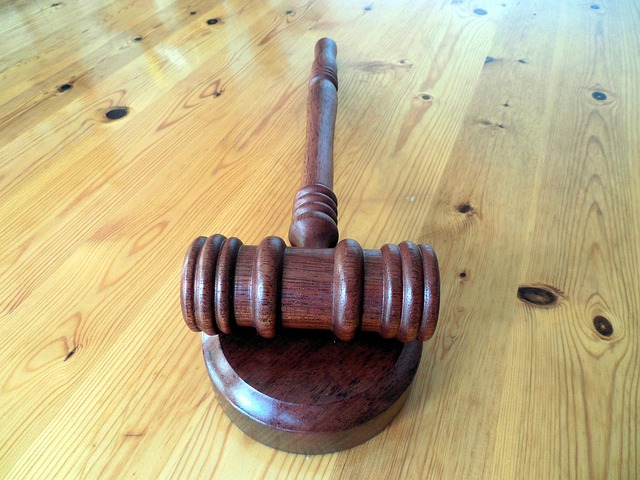Antitrust laws are vital in maintaining fair competition, preventing market dominance, and promoting consumer choice. Enforcement involves rigorous investigations into anti-competitive practices like price-fixing and market division, with strict adherence to legal protocols. Cartel investigation procedures are stringent, featuring severe penalties including substantial fines, asset divestiture, and potential criminal liability for executives. Government agencies use data analytics and surveillance to uncover illegal business agreements, leading to thorough probes involving interviews, document gathering, and financial record analysis. If evidence is found, regulatory bodies like the DOJ or FTC may file lawsuits in federal court, with trials resulting in significant penalties aimed at punishing wrongdoers and restoring market competition. The consequences of cartel investigations extend beyond monetary losses, potentially causing severe reputational damage and requiring structural changes to comply with antitrust laws.
Antitrust violation cases play a crucial role in maintaining fair market competition. This article delves into the intricate world of antitrust laws, their purpose, and common violations like price-fixing and market division. We explore the crucial role of government agencies in cartel investigations, outlining legal procedures from complaint to trial. Moreover, we discuss penalties, fines, and the potential business impact, emphasizing the importance of understanding Cartel Investigation Procedures and Penalties for all stakeholders.
- Understanding Antitrust Laws and Their Purpose
- Common Forms of Antitrust Violations
- The Role of Government Agencies in Cartel Investigations
- Legal Procedures: From Complaint to Trial
- Penalties, Fines, and Potential Business Impact
Understanding Antitrust Laws and Their Purpose

Antitrust laws are designed to promote fair competition among businesses, ensuring no single entity dominates a market to stifle innovation and consumer choice. These laws aim to protect the philanthropic and political communities from anti-competitive practices that can distort markets and hurt consumers. The primary goal is to maintain a level playing field, fostering a dynamic business environment where new ideas and entrants can thrive.
Enforcement of these laws involves meticulous investigation procedures, including gathering evidence of price-fixing, market division, or other anti-competitive behaviors. Authorities conduct all stages of the investigative and enforcement process with strict adherence to legal protocols. Penalties for violations are severe, often resulting in substantial fines and potential criminal liability for individuals involved. In serious cases, cartel investigation procedures may be initiated, targeting organizations that engage in collusive behavior, such as price-fixing or market allocation. These measures serve as deterrents, ensuring businesses operate within the confines of the law to avoid significant legal and financial consequences, including general criminal defense strategies.
Common Forms of Antitrust Violations

Antitrust laws are designed to promote fair competition and prevent businesses from abusing their market power. Common forms of antitrust violations include price fixing, market division, and bid rigging. In price fixing, companies agree on a fixed price for their goods or services, which restricts competition and hurts consumers. Market division involves dividing customers or territories among competing firms, limiting the ability of companies to undercut each other’s prices. Bid rigging is when businesses collude to manipulate bidding processes, often in government contracts, to ensure certain bids win.
Cartel investigation procedures and penalties are strict, with significant financial and reputational consequences for guilty parties. High-stakes cases often require a winning challenging defense strategy to navigate the complexities of antitrust laws and present a compelling argument for general criminal defense. Businesses found guilty may face substantial fines, market divestiture orders, and even prison sentences for key executives involved in the violations.
The Role of Government Agencies in Cartel Investigations

Government agencies play a pivotal role in cartel investigations, acting as vigilant guardians of fair competition within the market. These agencies employ specialized teams dedicated to uncovering illegal agreements and collusion between businesses, often referred to as cartel investigations. They utilize advanced data analytics and sophisticated surveillance techniques to monitor industry trends and identify suspicious patterns that might suggest price-fixing or market division strategies.
Once a potential violation is suspected, these agencies launch thorough probes, interviewing employees, gathering documents, and analyzing financial records of corporations and individual clients alike. The goal is not only to expose the perpetrators but also to deter future anti-competitive practices. The penalties for antitrust violations can be severe, including substantial fines and even criminal charges for high-stakes cases. This proactive approach by government agencies ensures that corporate behavior remains within legal boundaries, promoting fair trade and protecting consumers from exploitative practices.
Legal Procedures: From Complaint to Trial

In antitrust violations, the legal procedures begin with a complaint filed by an aggrieved party or an investigation initiated by regulatory bodies like the Department of Justice (DOJ) or the Federal Trade Commission (FTC). Once a potential violation is identified, these agencies conduct a thorough review, gathering evidence and analyzing market data to establish the existence of anti-competitive practices. This involves examining contracts, communications, financial records, and industry trends across all stages of the investigative and enforcement process.
If the investigation yields sufficient evidence, the DOJ or FTC may file a lawsuit in federal court, initiating a trial that can have significant consequences for the respective business entities involved. These high-stakes cases often result in substantial penalties, including monetary fines, asset divestments, and structural changes to rectify the violation. The goal is not only to punish wrongdoers but also to restore market competition and protect consumers from anti-competitive behaviors.
Penalties, Fines, and Potential Business Impact

Penalties and fines for antitrust violation cases can be significant, reflecting the severity of undermining fair competition in the market. These penalties are designed to deter future cartels and other anti-competitive practices. During a cartel investigation procedure, authorities thoroughly examine all stages of the respective business’s operations, delving into pricing strategies, production data, and communication among alleged conspirators. This meticulous process aims to uncover illegal agreements that suppress consumer choice and distort market forces.
The potential business impact extends beyond monetary fines. High-stakes cases can lead to severe reputational damage, loss of customer trust, and erosion of brand loyalty. Companies found guilty may face structural changes to ensure compliance with antitrust laws going forward, including restructuring executive teams or modifying operational practices. The consequences underscore the importance of adhering to legal requirements throughout all stages of the investigative and enforcement process to avoid such repercussions.
Antitrust laws are vital for maintaining fair competition in the marketplace. By understanding these regulations and their common violations, businesses can ensure they operate within legal boundaries. The role of government agencies in cartel investigations is crucial, involving meticulous procedures from complaint to trial. As penalties and fines can significantly impact businesses, staying informed about these processes is essential. Knowing the potential consequences helps organizations avoid antitrust violations, fostering a more transparent and competitive business environment. Additionally, understanding the intricacies of cartel investigation procedures empowers stakeholders to navigate legal challenges effectively.






